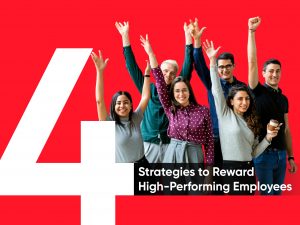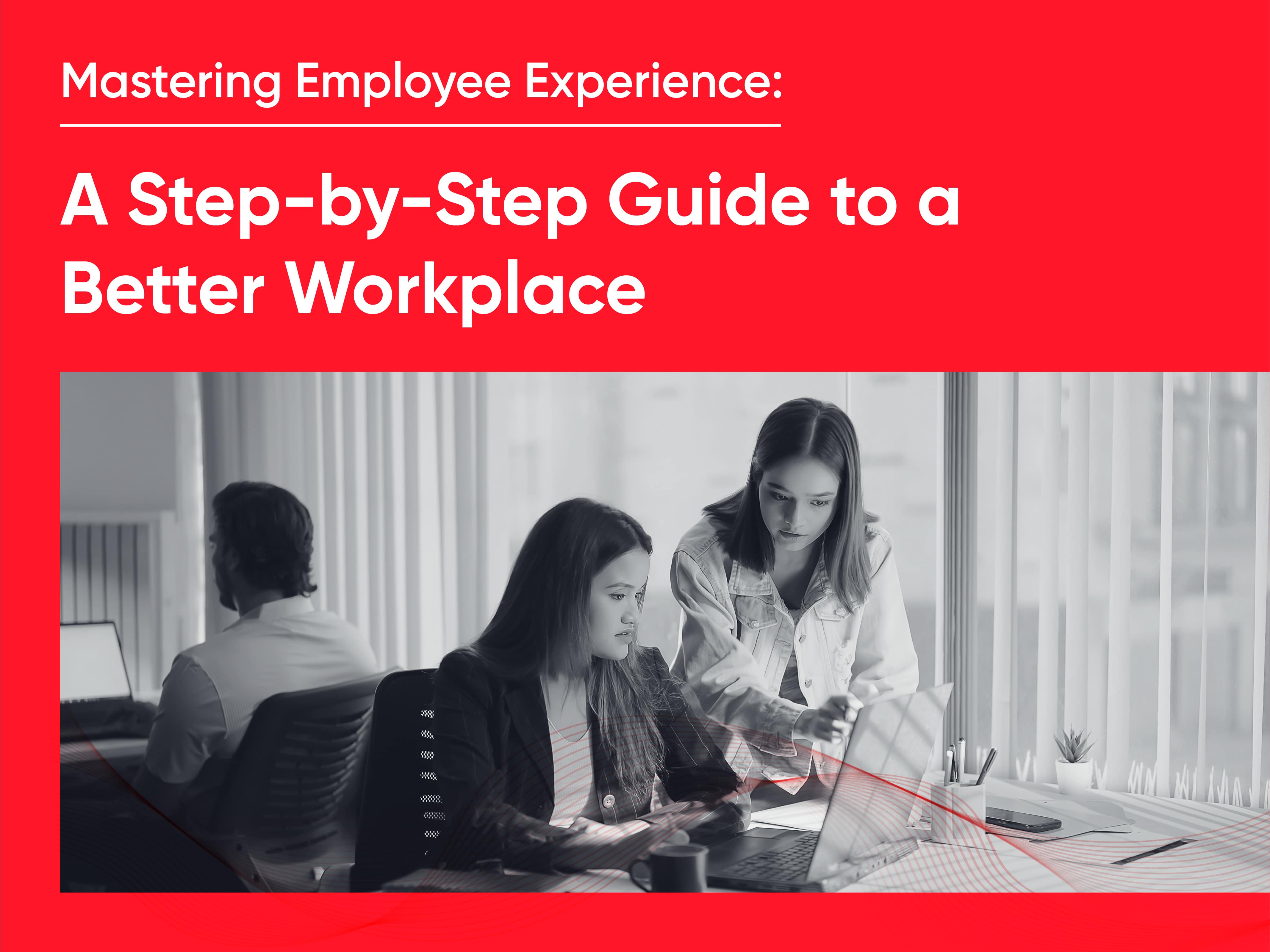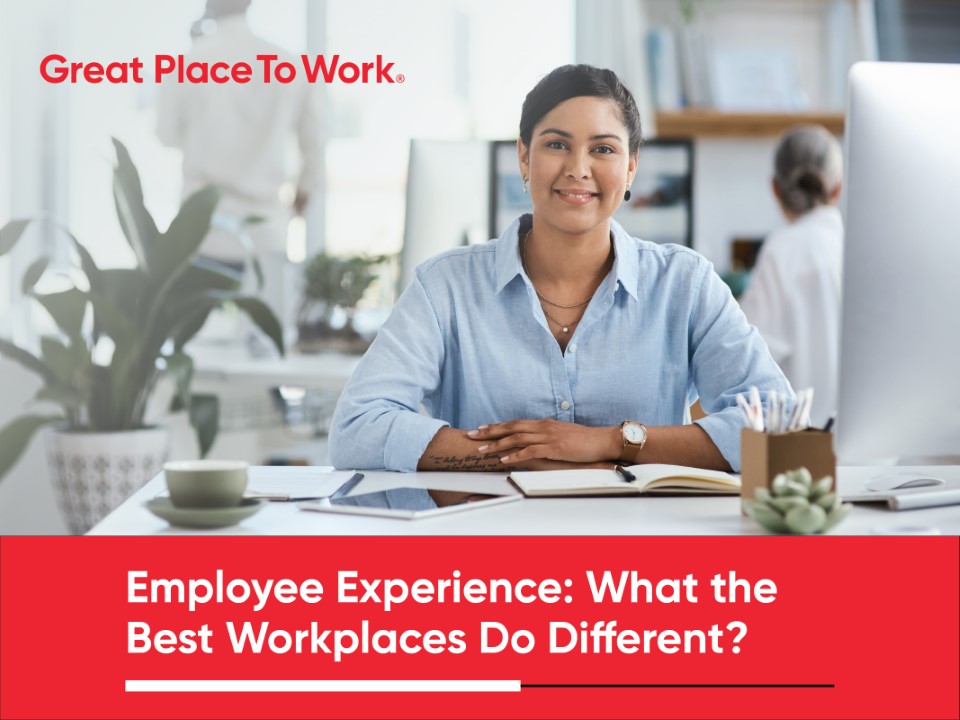Reading Time: 4 minutes
In the ever-evolving landscape of the professional world, staying attuned to emerging workplace culture trends is essential for organizational success. As we enter 2024, companies must be vigilant and proactive in embracing transformative shifts shaping how teams collaborate and thrive. From fostering diversity and inclusion to embracing remote work innovations, understanding and adapting to these trends is crucial for businesses striving to create vibrant, resilient, and forward-thinking workplaces. Let’s delve into the pulse of the future workplace and uncover the strategies that will define success in the years ahead.
Build Trust in your Employees
Building trust within a business stems from cultivating a workplace culture prioritizing transparency, integrity, and open communication among employees. Leaders play a pivotal role in shaping this culture by setting an example through their actions and decisions. Creating trust within employees is a collaborative effort, with leaders serving as key architects in establishing and reinforcing a culture built on mutual respect and shared values.

Entering a new era, trust is poised to hold tenfold significance compared to its 2023 counterpart, according to Michael C. Bush, CEO of Great Place To Work. Trust becomes a crucial factor in the present and the next decade, as evolving technology reshapes life. Bush emphasizes the importance of a sustained commitment, suggesting that consumers will gauge trustworthiness by observing a company’s employees, asserting that trust in its use of artificial intelligence is reinforced when its employees exhibit trust.
Focus on Retention, Upskilling, and Talent Development
In the current dynamic and challenging business landscape, companies are well-advised to place a strategic emphasis on retention, upskilling, and talent development initiatives. Recognizing the profound impact of employee burnout, exacerbated by the recent pandemic, fostering a workplace culture that prioritizes retention becomes a critical aspect of organizational resilience. Companies should actively invest in strategies to retain valuable talent, acknowledging the correlation between employee satisfaction and sustained success.
A proactive commitment to upskilling and talent development not only bolsters the proficiency of the workforce but also positions the organization as an attractive and forward-thinking employer. By focusing on these aspects, businesses address immediate challenges and prepare for the future by cultivating a skilled, engaged, and resilient workforce that can confidently navigate evolving industry demands.
Prioritise Mental Health
The National Mental Health Survey of India reveals a sobering statistic: 1 in 7 individuals grapple with mental health disorders, yet only 1 in 10 receives adequate treatment. Compounding this, employee burnout has surged since the onset of the pandemic, posing a significant challenge for India today. Defined as emotional, mental, and physical exhaustion resulting from prolonged stress and work demands, burnout has become a pressing concern in the professional landscape.
Strikingly, 58% of the Best Workplaces incorporate mental health coverage in their organization’s health insurance plans. Recognizing the need to address burnout’s structural causes, companies must transform employee feedback into actionable measures, fostering a workplace culture that prioritizes mental health and well-being.

Focus on leadership development strategies
The role of leadership has undergone a transformative shift, necessitating a focus on innovative leadership development strategies. The traditional paradigm of leaders as inspiring visionaries is evolving to embrace a more nuanced approach. Today, employees seek leaders who not only provide a clear vision but also serve as effective coaches and mentors, empowering individuals to take charge of their own leadership journeys.
Recognizing this shift in expectations, organizations are adopting multifaceted strategies to cultivate leadership skills. These strategies encompass mentorship programs, leadership training workshops, and promoting a collaborative and inclusive work culture. By prioritizing leadership development, businesses adapt to the changing dynamics of leadership and foster a workforce that is agile, empowered, and capable of navigating the complexities of the contemporary professional landscape with resilience and innovation.
Focus on DEIB Initiatives
Today where technological advancements and sustainability considerations redefine the business landscape, DEIB emerges as a crucial catalyst for positive change. The adoption of Diversity, Equity, Inclusion, and Belonging (DEIB) practices in your organization is paramount, with a profound impact on workplace well-being, as evidenced by a 4.3x enhancement.
This transformative approach becomes instrumental in navigating the seismic shifts in societal norms that challenge deep-rooted stereotypes.

By embracing DEIB, organizations not only contribute to a more inclusive and equitable workplace but also position themselves to thrive in an environment marked by diversity and innovation. Recognizing the power of DEIB in reshaping global and national labor markets, businesses actively engage in fostering a workplace culture that not only adapts to change but also champions the principles of diversity, equity, inclusion, and belonging for sustained success.
These strategic pillars collectively pave the way for creating vibrant, resilient, and forward-thinking workplaces. From acknowledging the heightened importance of trust in the digital age to addressing mental health challenges and cultivating inclusive cultures, businesses are urged to adapt and proactively shape the future of work. As we delve into these trends, it becomes evident that success lies in organizations prioritizing their greatest asset – their people. Visit us here for more.











